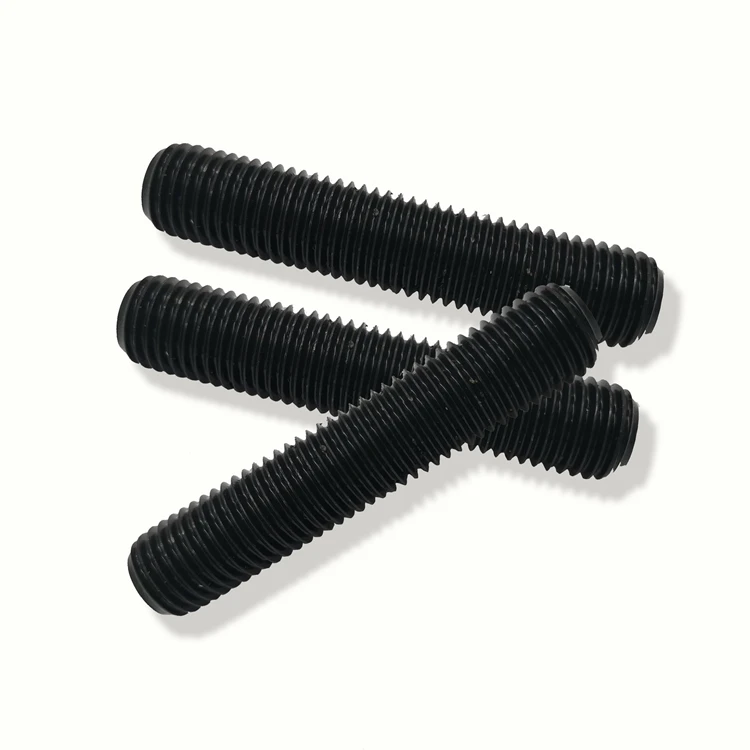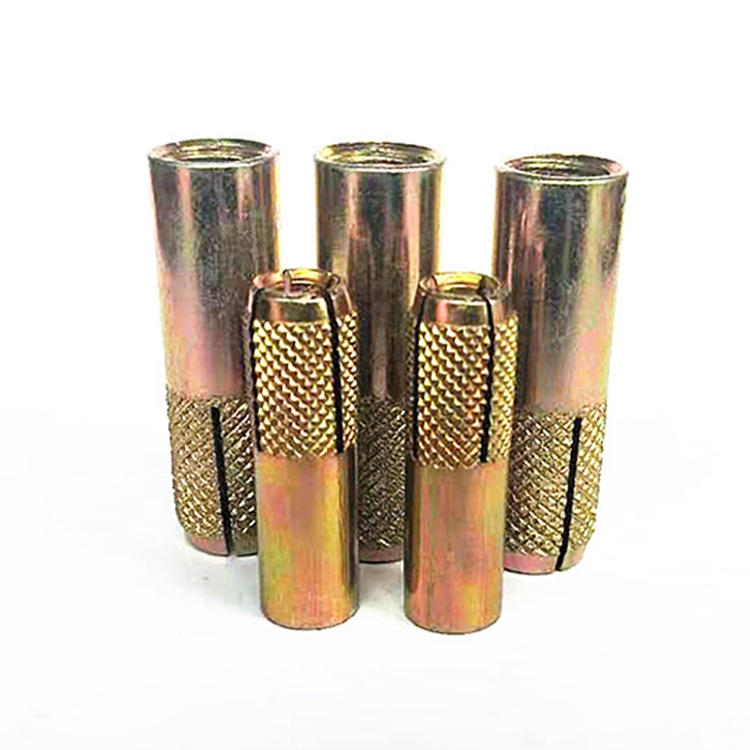washers
Urt . 09, 2025 11:54 Back to list
washers
Washers, integral components in the hardware and machinery world, possess a wide range of applications and variations that cater to specific needs. Their understated role often belies their critical importance in ensuring stability, distributing loads, and enhancing the longevity of assembly and construction projects.
From an experiential standpoint, using the correct type and size of washer can drastically impact the success of a project. For instance, forgetting to consider the right washer size might result in uneven fastening and eventual loosening, posing structural risks. Professionals in the field often emphasize the importance of understanding the specific mechanical requirements and environmental conditions to choose the ideal washer. Experts frequently consult updated engineering reference materials and washer specifications to ensure compliance with industry standards and project requirements. Certifications and quality assurances from reputable sources instill confidence in wide-ranging applications, from large infrastructure projects to intricate electronics. The trustworthiness of washers in any engineering application is often reinforced through rigorous testing and adherence to ISO standards. Prolonged exposure to real-world conditions allows for refinements and innovations in washer designs, leading to improved performance and reliability. In conclusion, washers, though small and often overlooked, are a fundamental component in ensuring the safety and effectiveness of countless mechanical assemblies. Their versatility across industries, combined with the technological advancements in material science, positions them as crucial to both contemporary engineering solutions and future innovations. For those involved in design and assembly, understanding the multifaceted aspects of washers promises not only enhanced functionality but also a commitment to precision and reliability.


From an experiential standpoint, using the correct type and size of washer can drastically impact the success of a project. For instance, forgetting to consider the right washer size might result in uneven fastening and eventual loosening, posing structural risks. Professionals in the field often emphasize the importance of understanding the specific mechanical requirements and environmental conditions to choose the ideal washer. Experts frequently consult updated engineering reference materials and washer specifications to ensure compliance with industry standards and project requirements. Certifications and quality assurances from reputable sources instill confidence in wide-ranging applications, from large infrastructure projects to intricate electronics. The trustworthiness of washers in any engineering application is often reinforced through rigorous testing and adherence to ISO standards. Prolonged exposure to real-world conditions allows for refinements and innovations in washer designs, leading to improved performance and reliability. In conclusion, washers, though small and often overlooked, are a fundamental component in ensuring the safety and effectiveness of countless mechanical assemblies. Their versatility across industries, combined with the technological advancements in material science, positions them as crucial to both contemporary engineering solutions and future innovations. For those involved in design and assembly, understanding the multifaceted aspects of washers promises not only enhanced functionality but also a commitment to precision and reliability.
Next:
Latest news
-
Reliable Axle Nuts Supplier | High-Quality Automotive Parts
NewsAug.19,2025
-
Premium Wire Bolts Suppliers | Durable & Reliable Fasteners
NewsAug.18,2025
-
Leading Metric Wood Screw Companies & Manufacturers
NewsAug.17,2025
-
Top Wire Bolts Suppliers - Quality & Durable Fasteners
NewsAug.15,2025
-
Trusted Wire Bolts Company | Quality Fasteners Supplier
NewsAug.14,2025
-
Reliable Wire Bolts Suppliers & Manufacturers for Global Needs
NewsAug.13,2025
